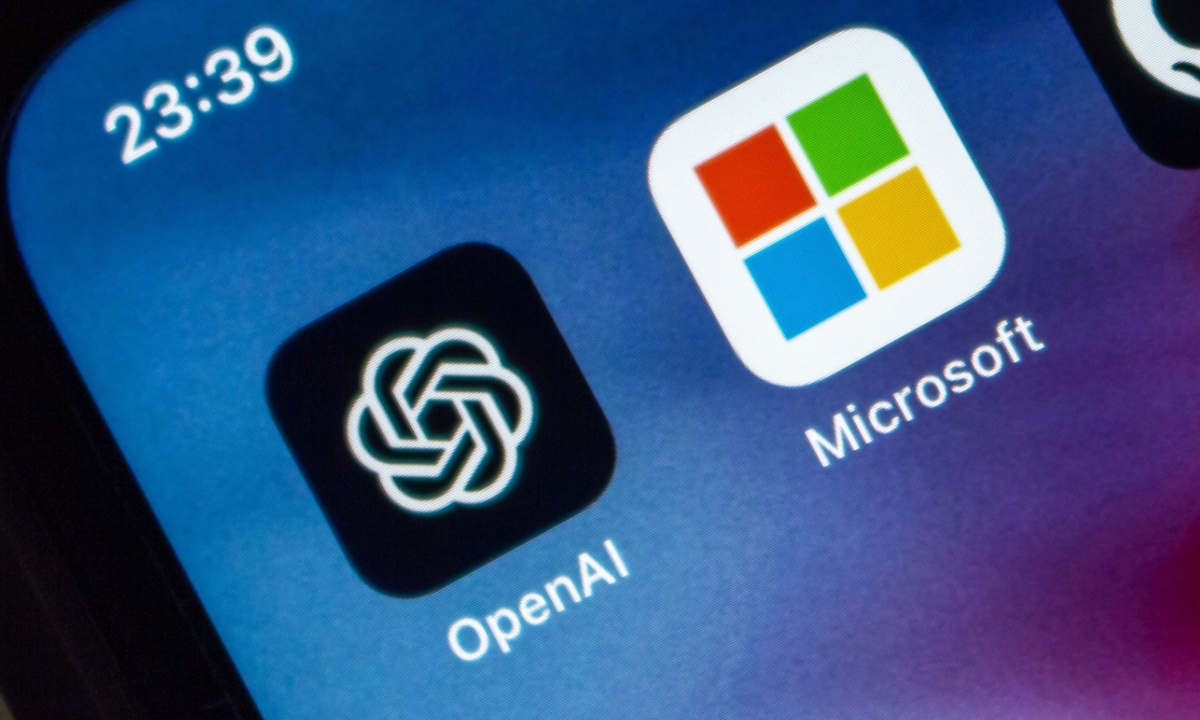
In a significant address to the global community, Pope Leo XIV issued a stern warning about potential threats posed by artificial intelligence to human dignity. The pontiff called upon leaders, technologists, and the faithful to ensure that the development and deployment of AI align with ethical standards that respect the sanctity and value of human life.
Speaking from the Vatican, Pope Leo XIV expressed concern that, if left unchecked, advanced algorithms and autonomous systems could erode essential human values and exacerbate social inequalities. “We must not allow technology to strip people of their inherent dignity,” he stated, emphasizing that human oversight and compassion must remain at the heart of innovation.
The Pope’s remarks come at a time of growing concern from governments, researchers, and civil society organizations about the rapid evolution of AI in sectors such as healthcare, employment, law enforcement, and communications. From biased decision-making algorithms to potential mass displacement of jobs, AI presents unique challenges that could disproportionately affect the most vulnerable.
Pope Leo XIV urged the Catholic Church to take a leading role in advocating for an ethical framework surrounding AI development. He stressed the importance of transparency, accountability, and promoting the common good in digital advancements. “The Church must be a lighthouse of clarity and conscience, defending human worth in all circumstances,” he said.
The pontiff’s call adds a moral dimension to an increasingly technical debate, pushing global stakeholders to not only focus on AI innovation but also on the social and ethical responsibilities that accompany it. His message is likely to resonate in ongoing international forums discussing the governance and regulation of artificial intelligence.
As the digital age unfolds, the Vatican is expected to release further guidance on how faith-based principles can be integrated into the discourse on technology and human development. Pope Leo XIV’s address signals a clear intent to steer the conversation toward a future where technological progress is balanced with spiritual and humanistic values.
Source: https:// – Courtesy of the original publisher.








